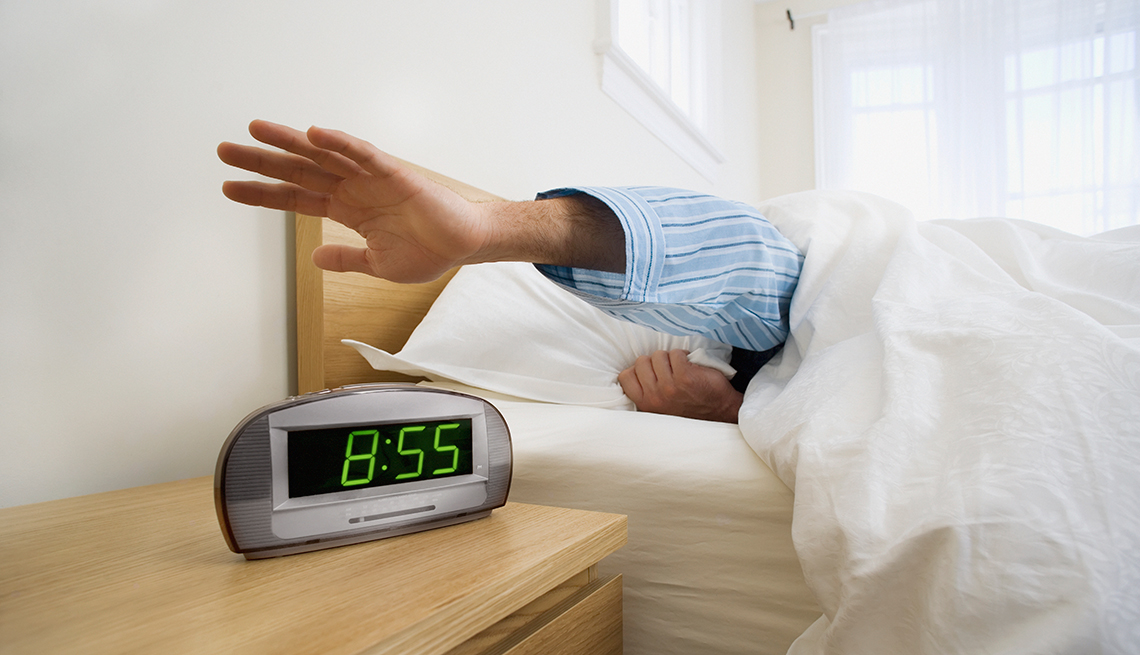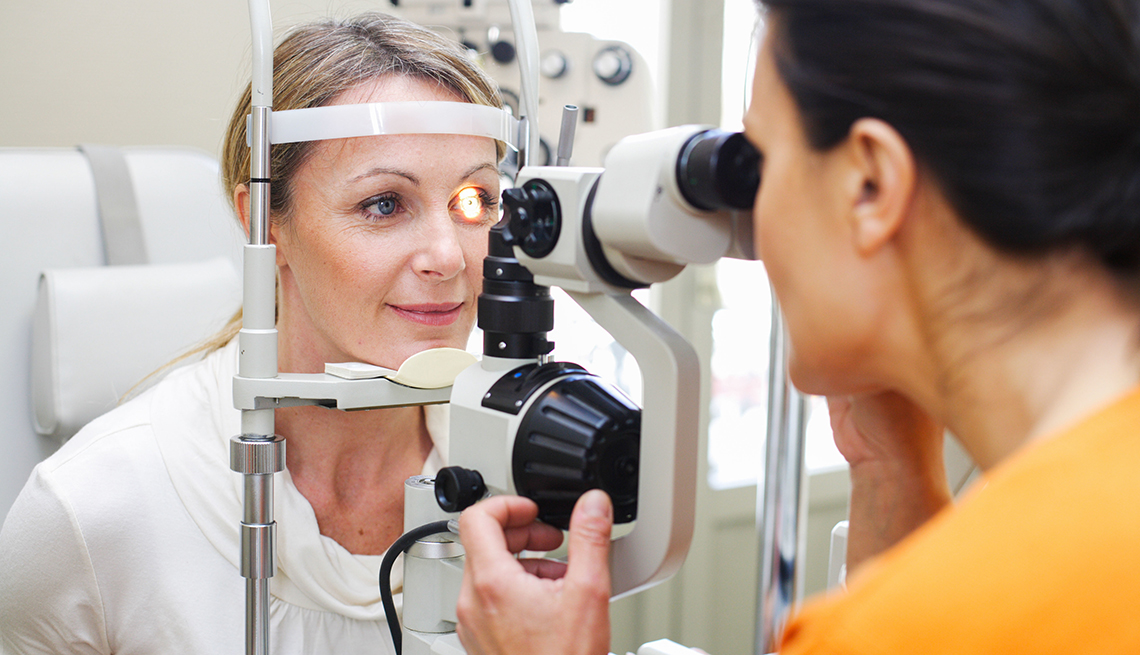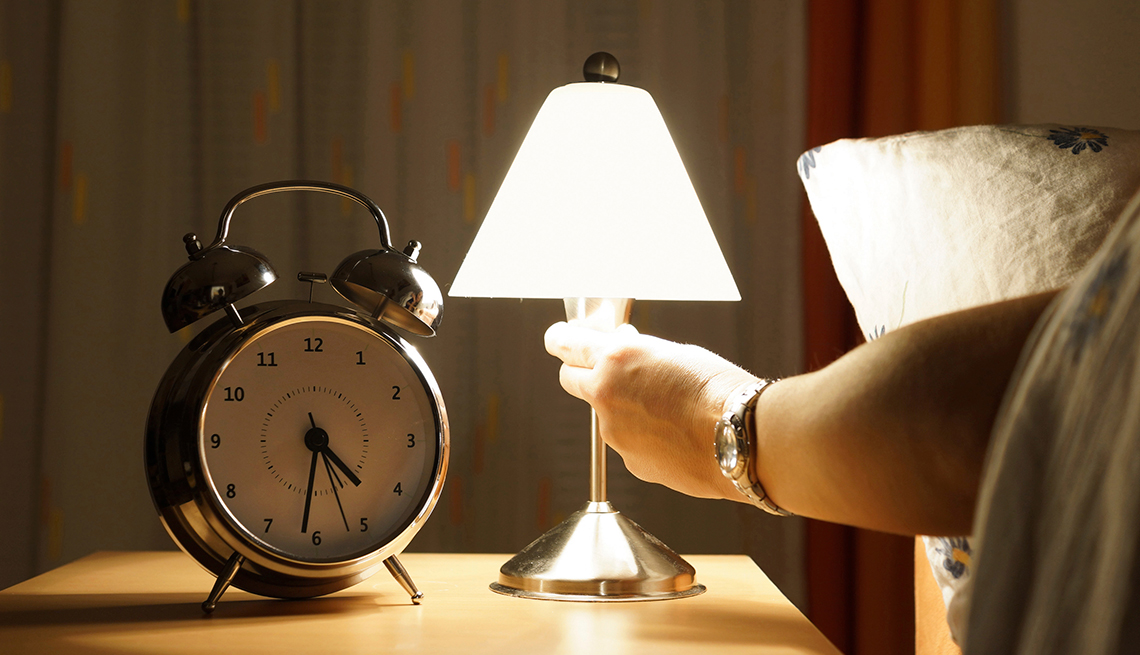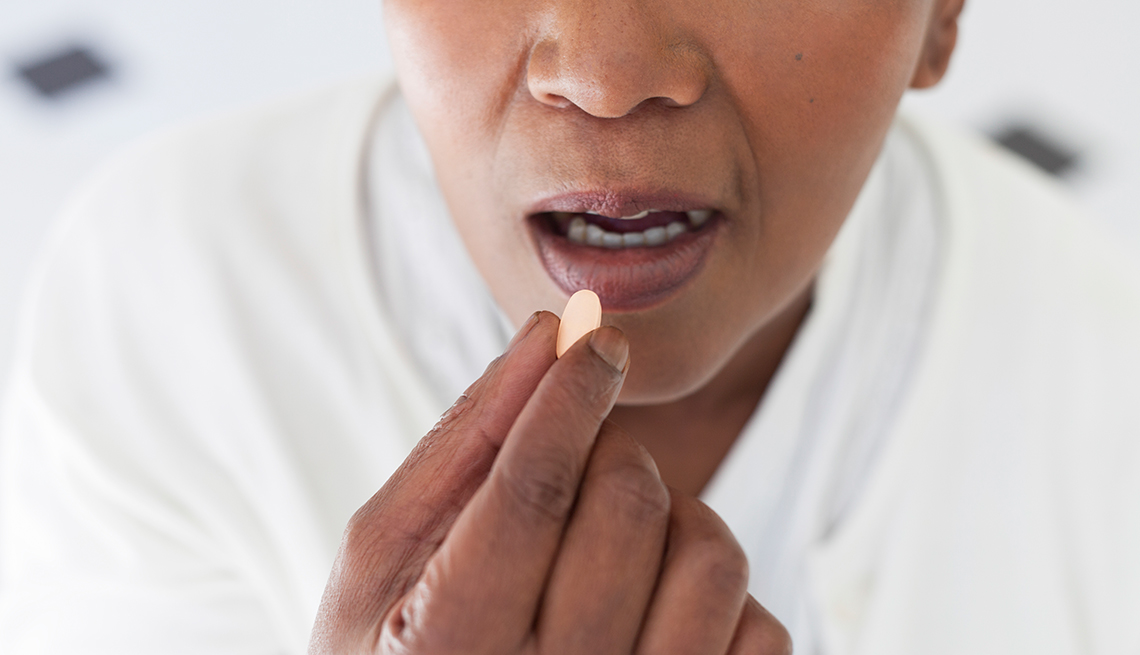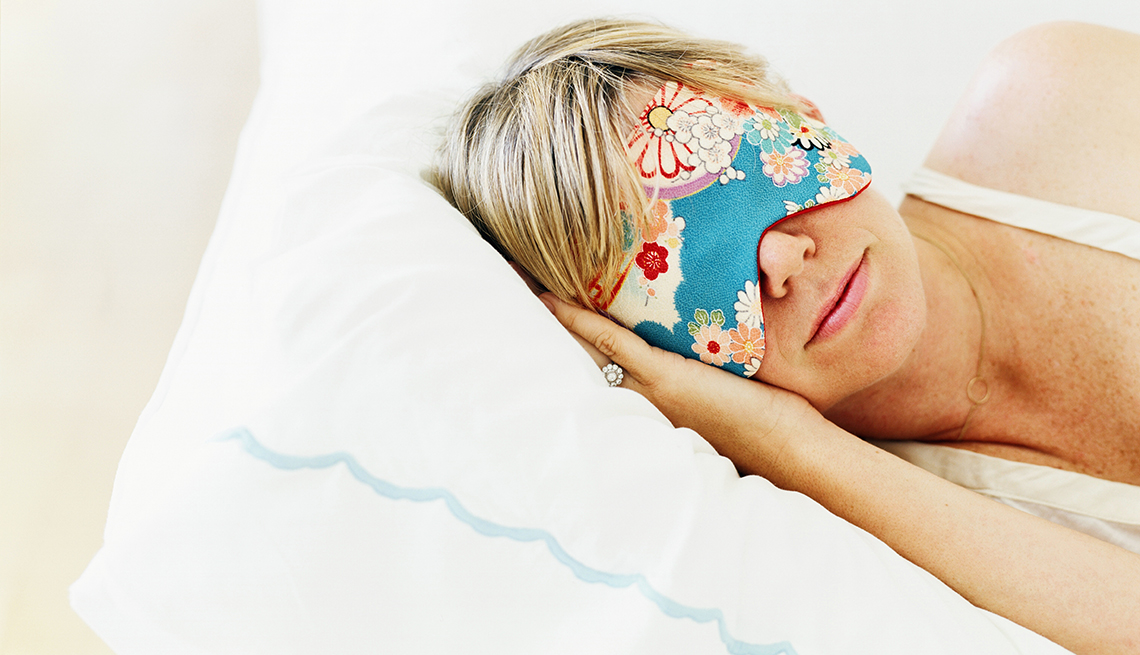Reset Your Body Clock for Better Brain Health
Feeling mentally foggy? Your circadian rhythm may be out of sync
by Michele Cohen Marill, August 25, 2016
-
Getty Images
Sleep on It
En español | “Early to bed, early to rise” may sound like sage advice, but if your circadian rhythm — aka your body clock — gets out of whack, it can make you sleepy when you should be alert and wakeful when you should be sleeping. Disrupted sleep patterns can also lead to poor memory, depression and even migraine headaches. Here are nine ways to reset your body clock.
1 of 12 -
Getty Images
Step Into the Sunshine
Eating too much bacon, fried chicken and pizza could make you sleepy and sluggish. Our eating patterns — and digestive system — are part of our body clock, and a high-fat diet can disrupt the rhythm. In an Australian study of 1,815 men between the ages of 35 and 80, those eating a high-fat diet reported more daytime sleepiness, regardless of body-mass index. Switching to a low-fat diet can reverse the effect.
2 of 12 -
Getty Images
Go Online in the Morning
Darkness is your brain’s off-switch. Late evening light keeps you awake — even if it’s the glow from a television or electronic tablet. A few minutes of bright light at bedtime or in the middle of the night (such as turning on the bathroom light) sends the wrong signal to your brain. The American Medical Association also warns about sleep disruption from high-intensity LED street lights. Shut them out with light-blocking curtains or blinds.
3 of 12 -
Getty Images
Sync Your Schedule With Your Body Clock
En español | “Early to bed, early to rise” may sound like sage advice, but if your circadian rhythm — aka your body clock — gets out of whack, it can make you sleepy when you should be alert and wakeful when you should be sleeping. Disrupted sleep patterns can also lead to poor memory, depression and even migraine headaches. Here are nine ways to reset your body clock.
4 of 12 -
Getty Images
Avoid Fatty Foods
En español | “Early to bed, early to rise” may sound like sage advice, but if your circadian rhythm — aka your body clock — gets out of whack, it can make you sleepy when you should be alert and wakeful when you should be sleeping. Disrupted sleep patterns can also lead to poor memory, depression and even migraine headaches. Here are nine ways to reset your body clock.
5 of 12 -
Istock
AARP Offer: Healthy Living Tips and News
En español | “Early to bed, early to rise” may sound like sage advice, but if your circadian rhythm — aka your body clock — gets out of whack, it can make you sleepy when you should be alert and wakeful when you should be sleeping. Disrupted sleep patterns can also lead to poor memory, depression and even migraine headaches. Here are nine ways to reset your body clock.
6 of 12 -
Getty Images
Cut Out Coffee by Midday
En español | “Early to bed, early to rise” may sound like sage advice, but if your circadian rhythm — aka your body clock — gets out of whack, it can make you sleepy when you should be alert and wakeful when you should be sleeping. Disrupted sleep patterns can also lead to poor memory, depression and even migraine headaches. Here are nine ways to reset your body clock.
7 of 12 -
Getty Images
Treat Your Cataracts
En español | “Early to bed, early to rise” may sound like sage advice, but if your circadian rhythm — aka your body clock — gets out of whack, it can make you sleepy when you should be alert and wakeful when you should be sleeping. Disrupted sleep patterns can also lead to poor memory, depression and even migraine headaches. Here are nine ways to reset your body clock.
8 of 12 -
Getty Images
Dim the Lights at Night
En español | “Early to bed, early to rise” may sound like sage advice, but if your circadian rhythm — aka your body clock — gets out of whack, it can make you sleepy when you should be alert and wakeful when you should be sleeping. Disrupted sleep patterns can also lead to poor memory, depression and even migraine headaches. Here are nine ways to reset your body clock.
9 of 12 -
Getty Images
Consider a Dose of Melatonin
En español | “Early to bed, early to rise” may sound like sage advice, but if your circadian rhythm — aka your body clock — gets out of whack, it can make you sleepy when you should be alert and wakeful when you should be sleeping. Disrupted sleep patterns can also lead to poor memory, depression and even migraine headaches. Here are nine ways to reset your body clock.
10 of 12 -
Getty Images
Crank Up the Wattage
En español | “Early to bed, early to rise” may sound like sage advice, but if your circadian rhythm — aka your body clock — gets out of whack, it can make you sleepy when you should be alert and wakeful when you should be sleeping. Disrupted sleep patterns can also lead to poor memory, depression and even migraine headaches. Here are nine ways to reset your body clock.
11 of 12 -
View More Slideshows
En español | “Early to bed, early to rise” may sound like sage advice, but if your circadian rhythm — aka your body clock — gets out of whack, it can make you sleepy when you should be alert and wakeful when you should be sleeping. Disrupted sleep patterns can also lead to poor memory, depression and even migraine headaches. Here are nine ways to reset your body clock.
12 of 12

